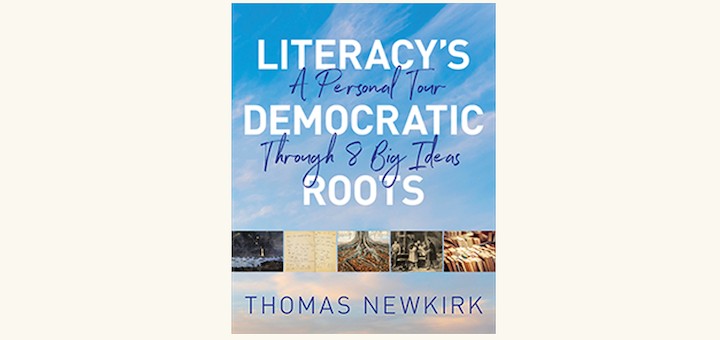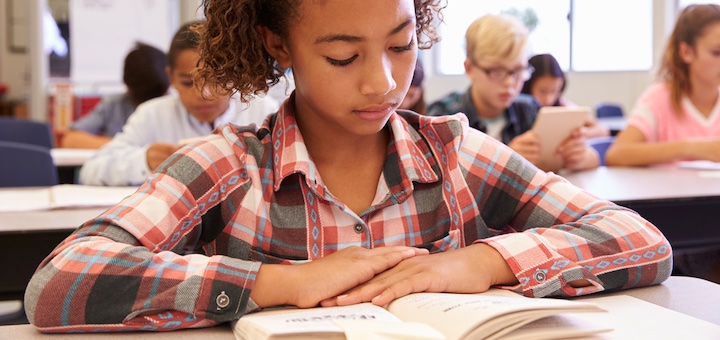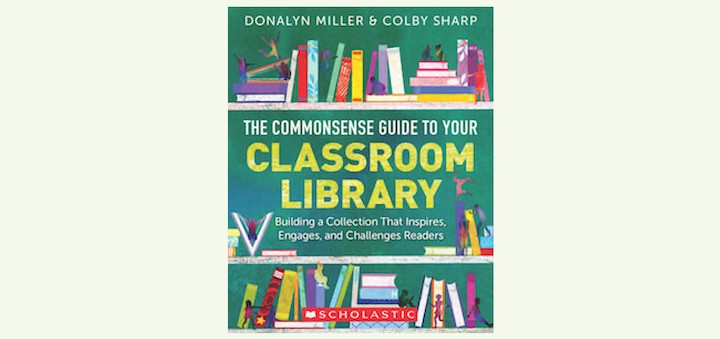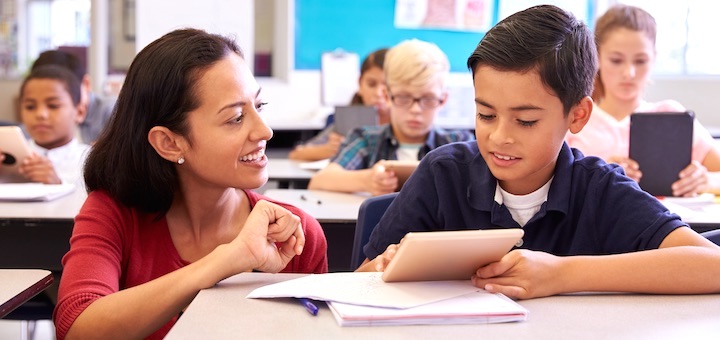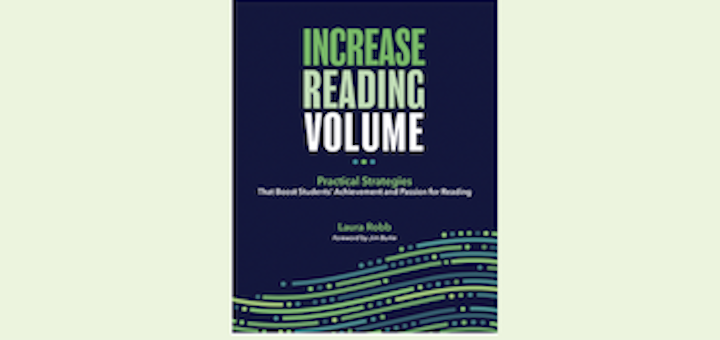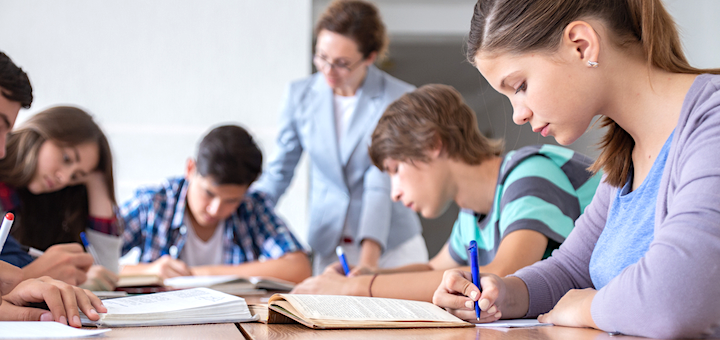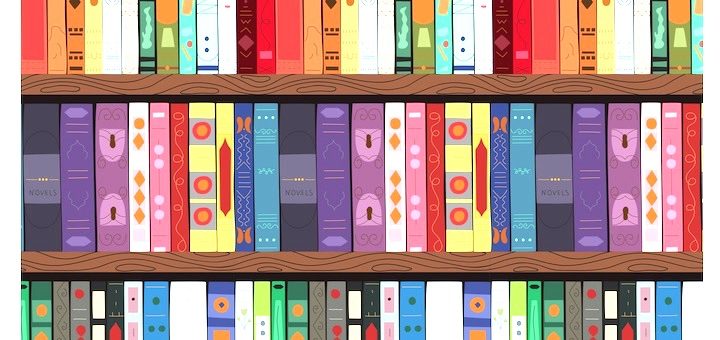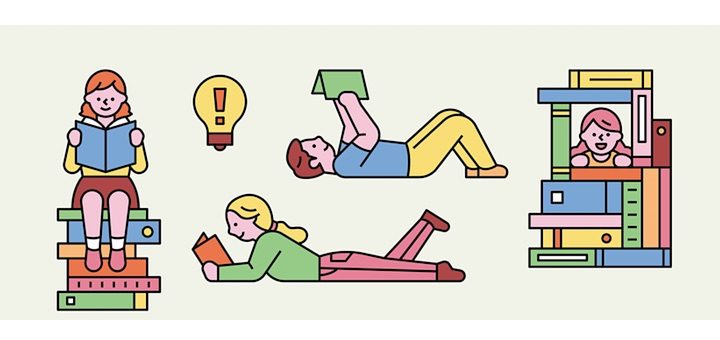Tagged: independent reading
In Literacy’s Democratic Roots: A Personal Tour Through 8 Big Ideas, Thomas Newkirk brings his enormous experience and wisdom from writing and teaching over many decades to his exploration of the connections between literacy education and democracy, writes Laurie Miller Hornik.
Responding to text can take many forms, write literacy experts Brenda Krupp, Lynne Dorfman and Aileen Hower. Teachers want to encourage sincere, honest responses where students share their thoughts, feelings, opinions, and insights about the fiction and nonfiction they read.
Using their own experiences with classroom libraries and ideas from other professionals, Colby Sharp and Donalyn Miller provide insight, wisdom, and actionable practices for teachers in The Commonsense Guide to Your Classroom Library. Katie Durkin highly recommends it.
The authors of Shifting the Balance (Grades 3-5) invite literacy educators in the upper elementary and early middle grades to “engage in both the headwork and the heartwork required to ensure our practices are science-aligned and student-centered.” And do it in a safe space.
To teach students to master standards while also cultivating a love of reading, Laura Robb offers new ideas and resources and a new outlook on old practices in Increase Reading Volume. It is exactly what teachers need for their reading blocks, says literacy leader Sarah Valter.
By using a menu of formative assessments to target and support students’ specific reading needs, you can differentiate instruction and positively impact their progress at key points in their development. Expert Laura Robb offers a master class in reading support for middle graders.
Laura Robb has long championed the idea that reading and access to books are civil rights. In this story of turning around reluctant readers, the celebrated educator makes a powerful case that when kids have lots of book choices and lots of time to read in and out of school, they’ll become readers for life.
We often turn to friends when we’re looking for new books to read. The same is true for students. Making book talks a regular part of your classroom gives kids a platform to recommend books they love and want to share. Lynne Dorfman and Brenda Krupp offer helpful tips and tools.
After a year of having her classroom book collection in pandemic disarray, Katie Durkin was ready for a restart. “I’d been researching the benefits of promoting student voice and choice by having them assist in organizing an in-class library. Now I wanted to give it a try.”
Learning about lots of books students might enjoy is not an easy task, write literacy educators Lynne Dorfman and Brenda Krupp. How can teachers become experts in children’s literature? First “we have to really read the books.” Browse their many tips and resources.

